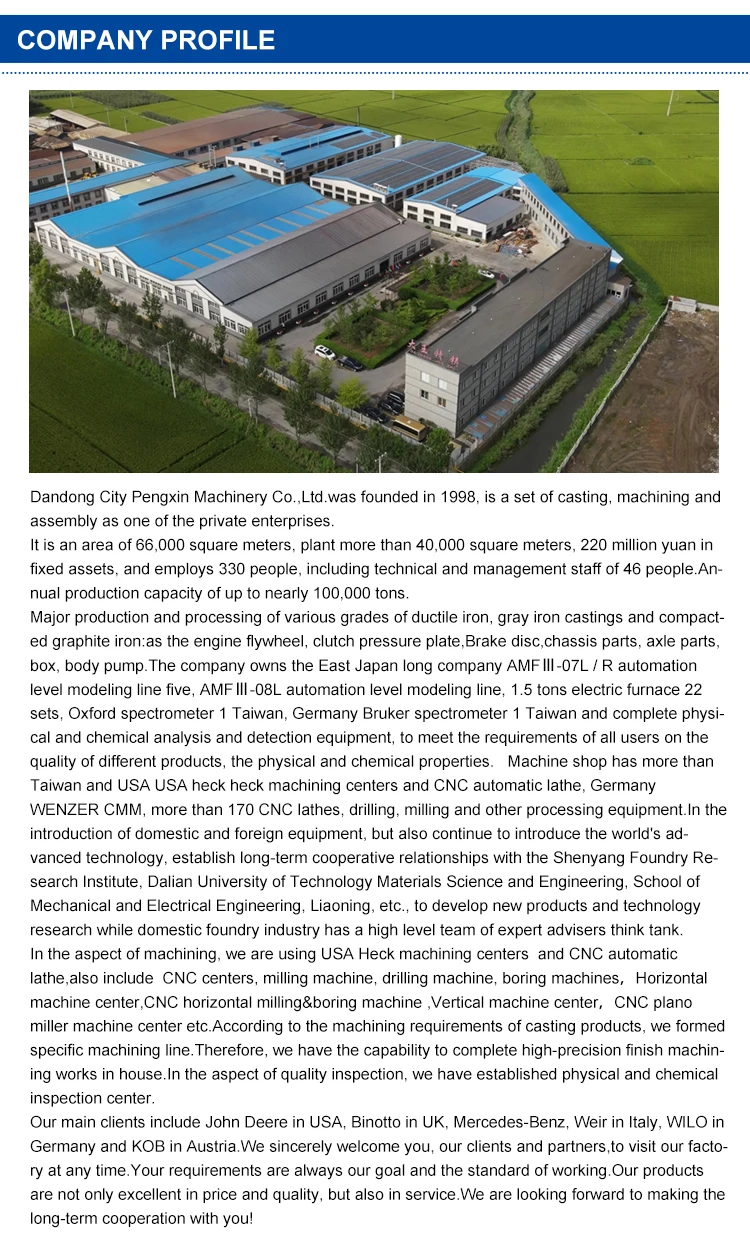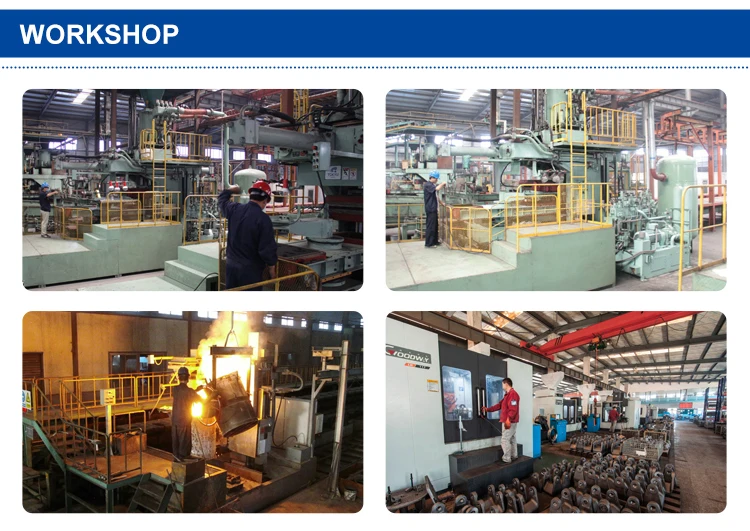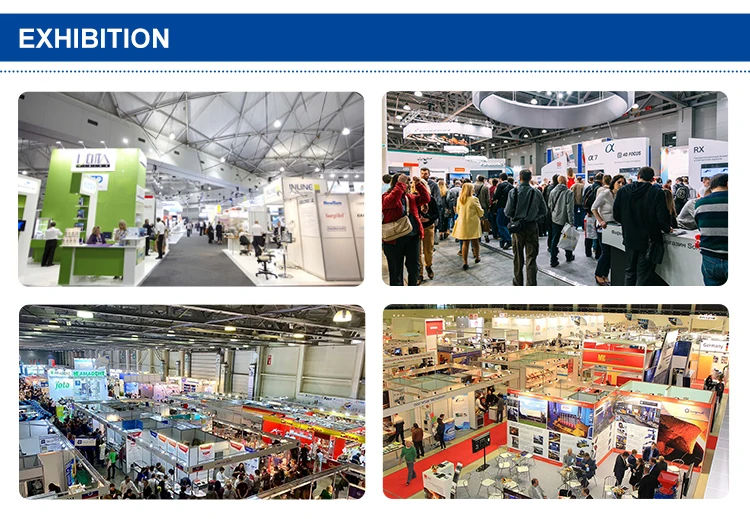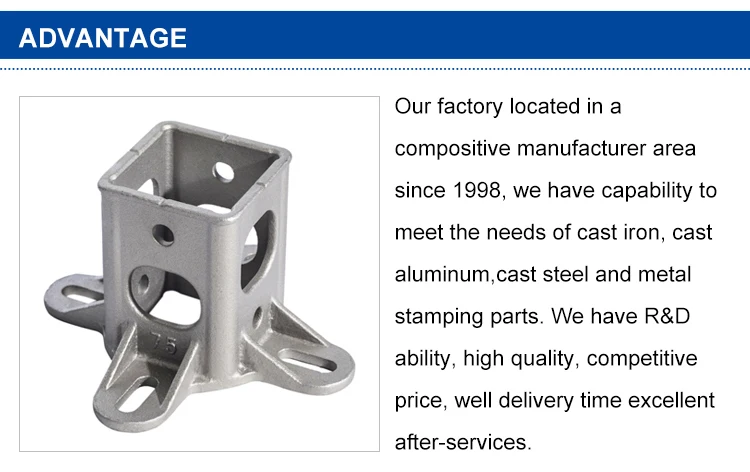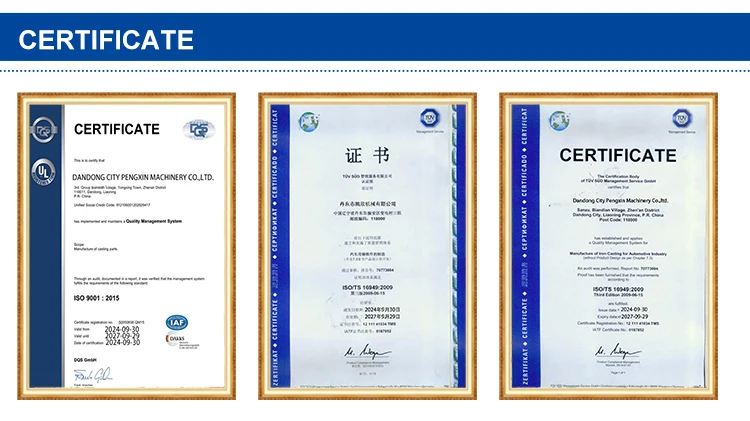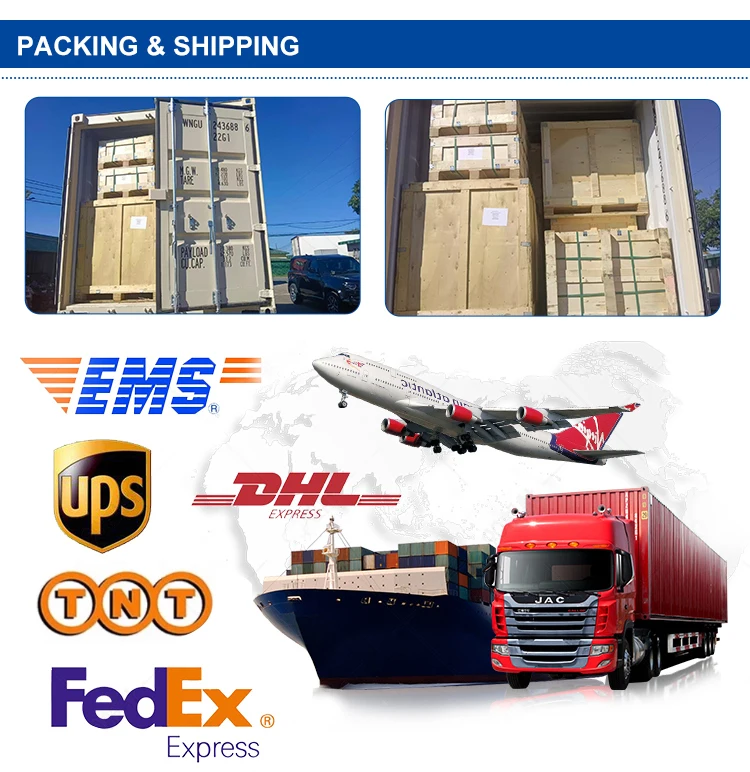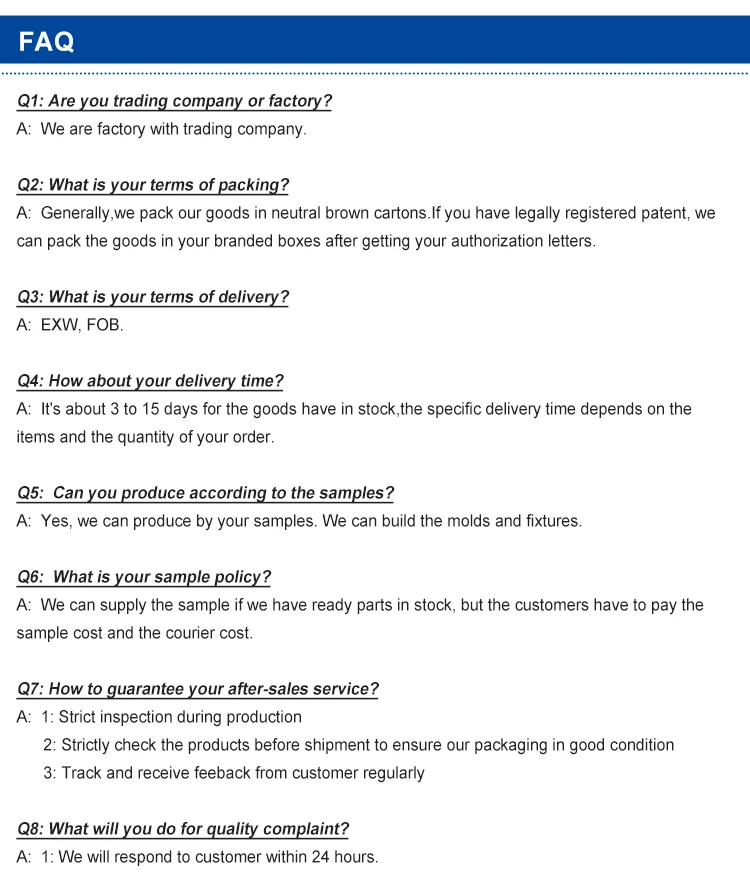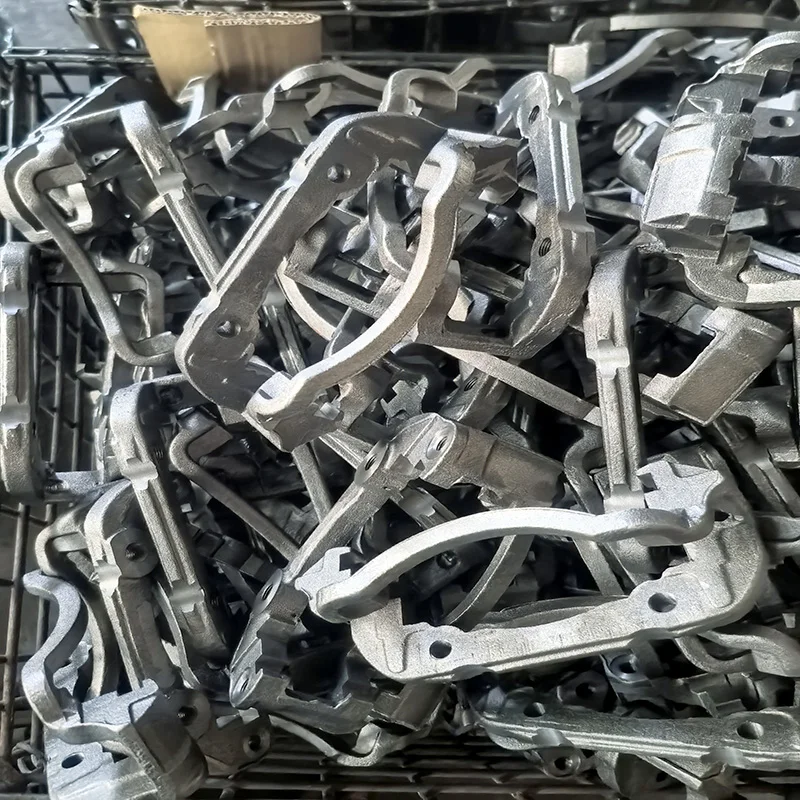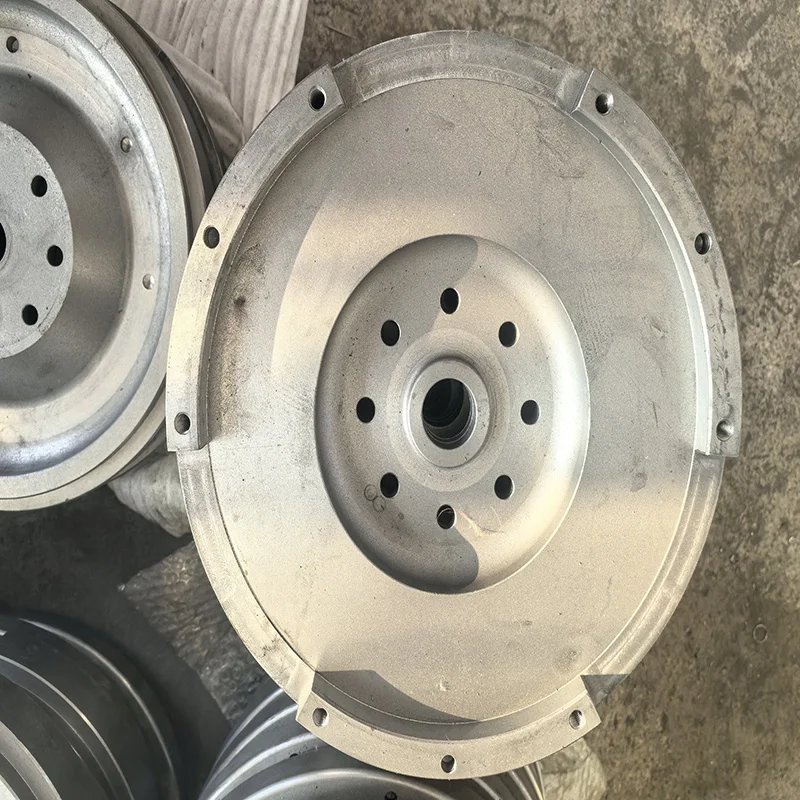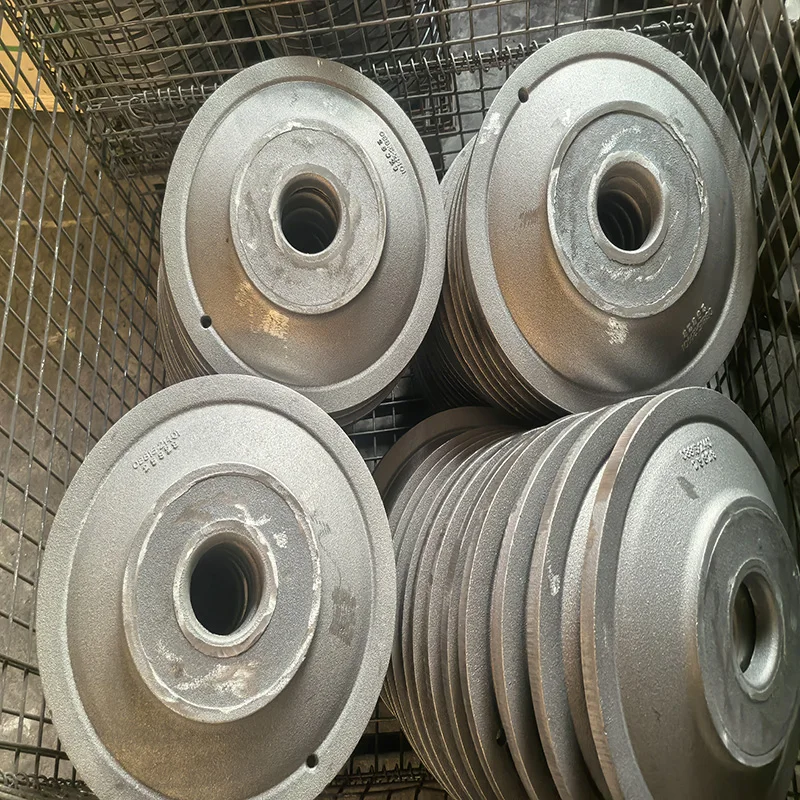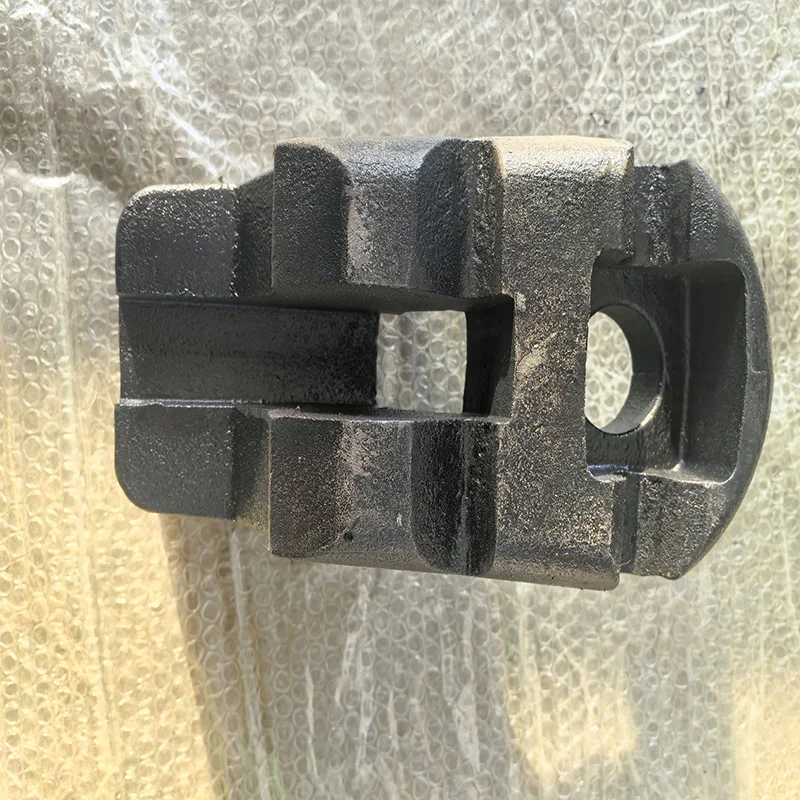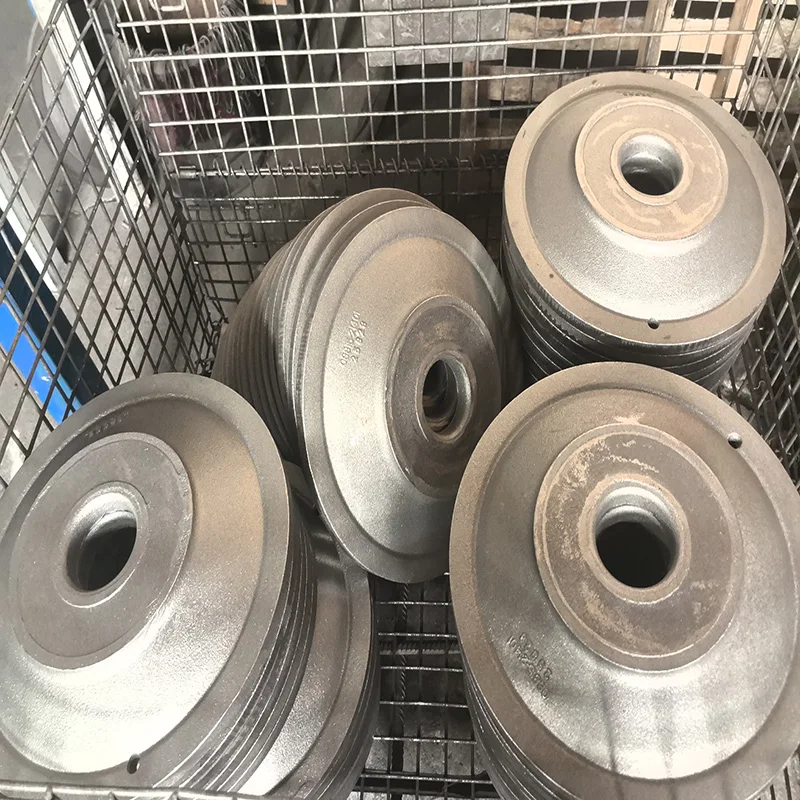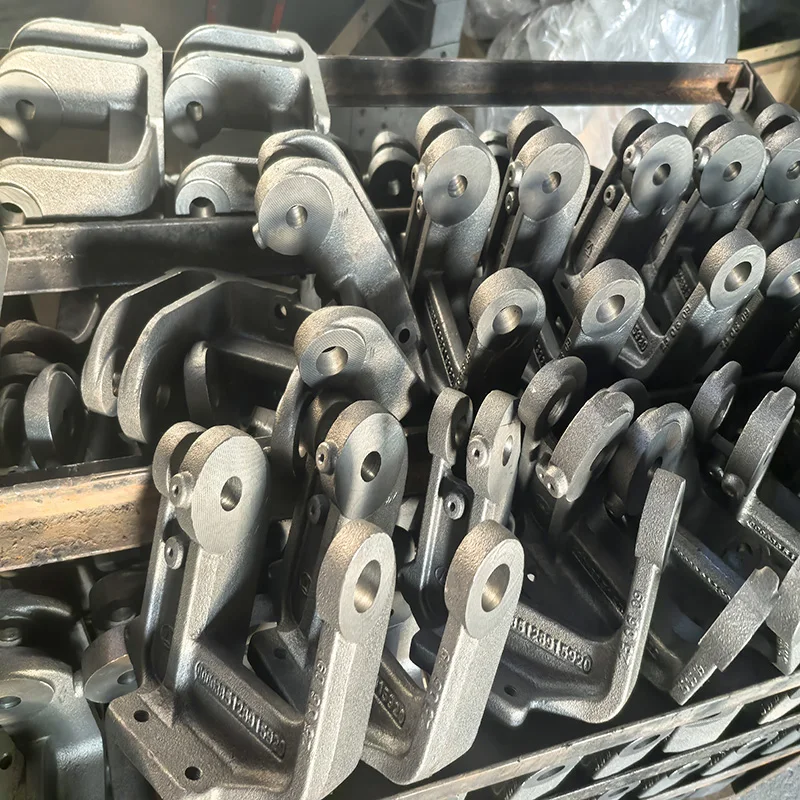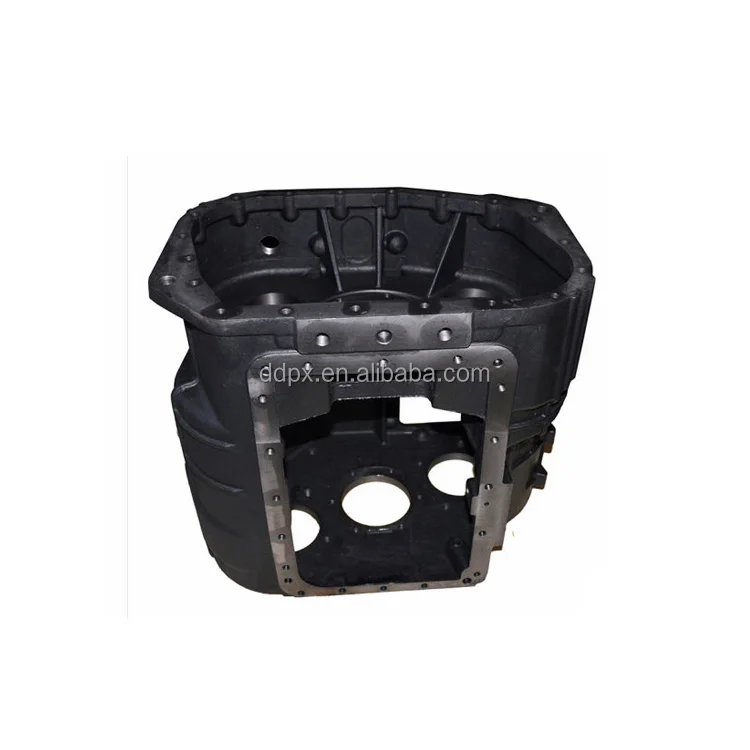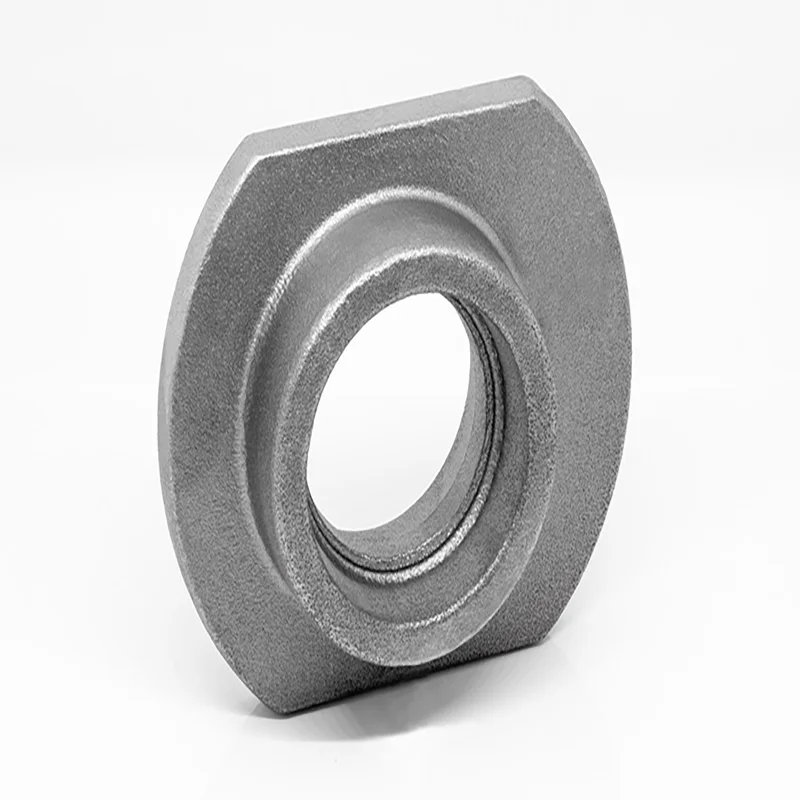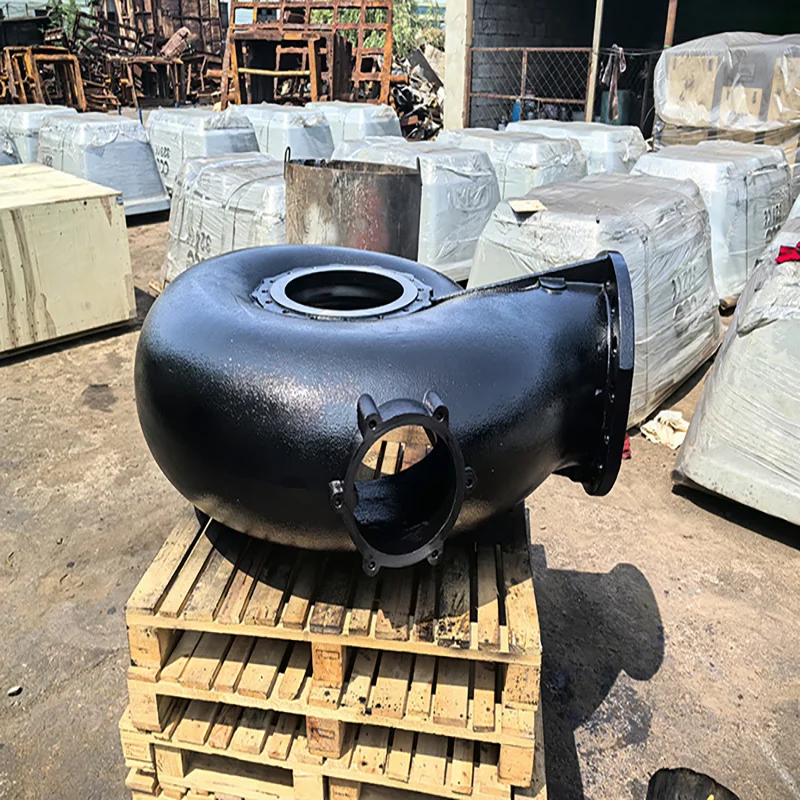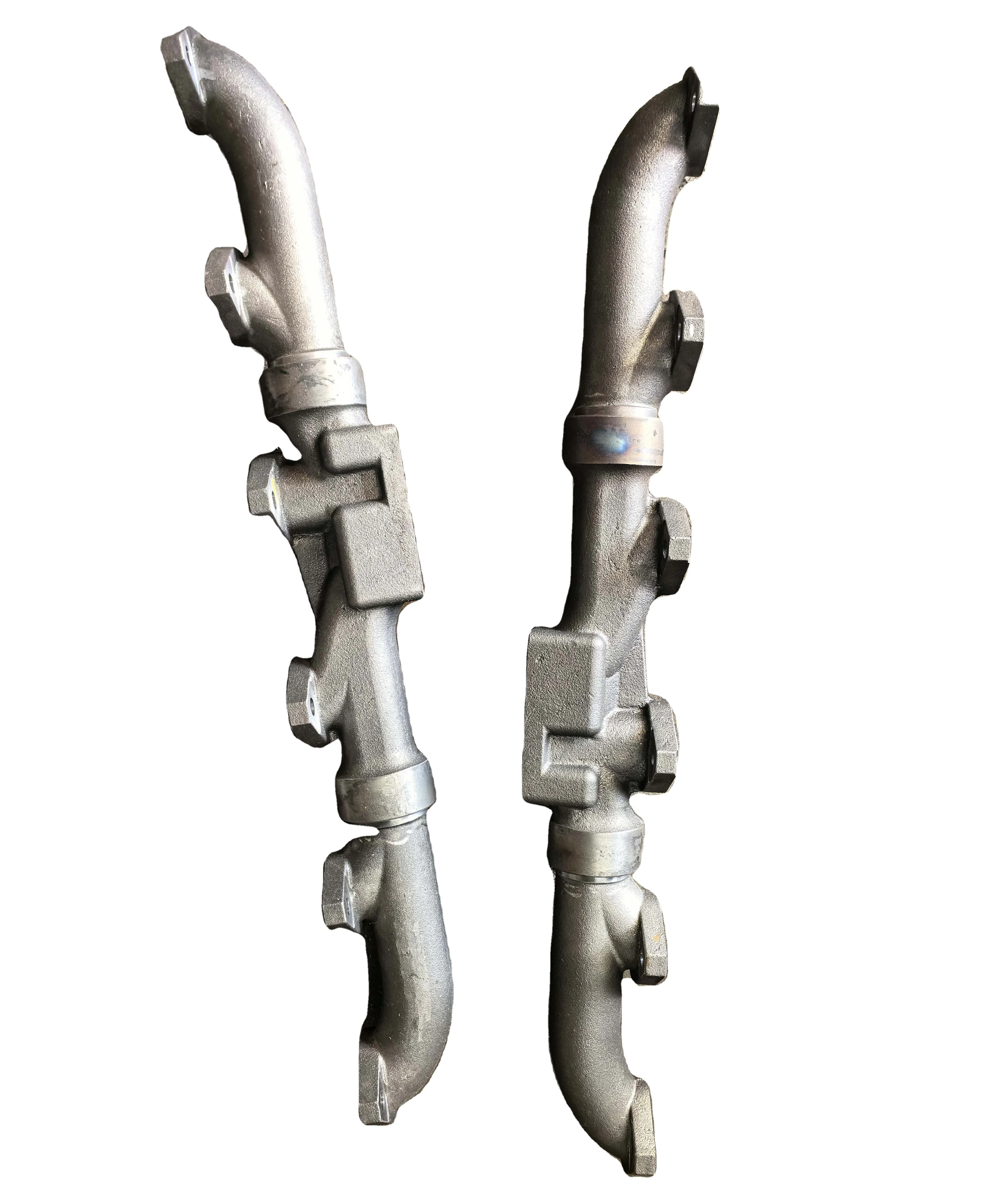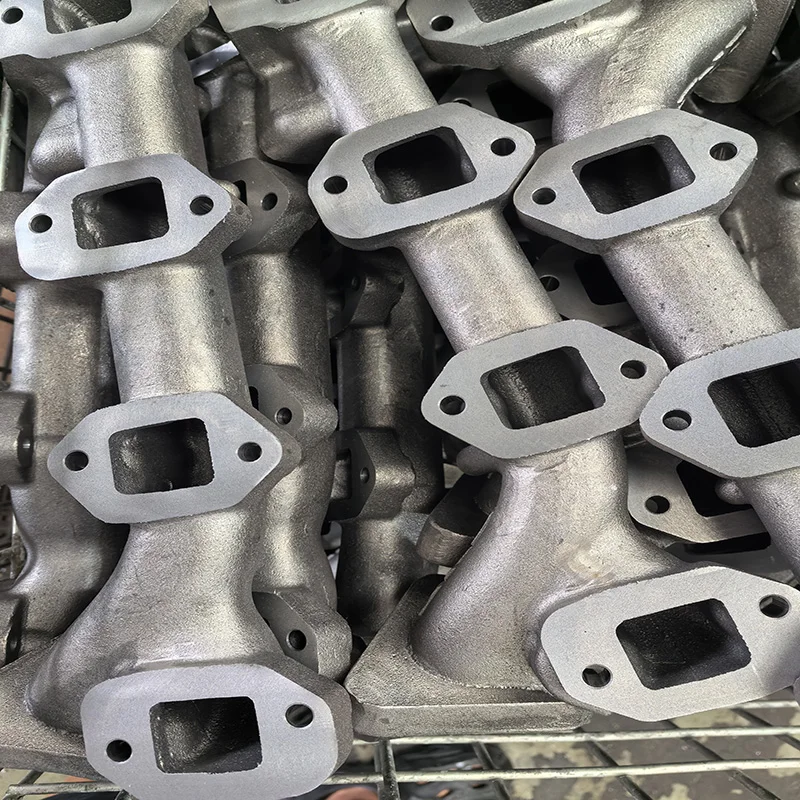Custom Precision CNC Machining Die Casting Aluminum Auto Parts Carbide Inserts Milling for Steel/Cast Iron Casting Services
- Overview
- Recommended Products
In the rapidly evolving automotive industry, precision CNC machining and die casting technologies have become indispensable manufacturing processes for producing high-performance, reliable components. These advanced manufacturing techniques combine to create automotive parts that meet stringent quality standards while supporting the industry's shift toward lightweight construction and enhanced efficiency.
Advanced Material Selection
Modern automotive components utilize specialized materials engineered for specific performance requirements:
Aluminum Alloys: Preferred for die casting applications due to their excellent fluidity during pouring, ensuring complete mold filling and fine detail reproduction -1. These alloys offer an optimal balance between mechanical strength and lightweight characteristics, contributing significantly to vehicle weight reduction and fuel efficiency.
Carbide Inserts: Engineered with specialized substrates and coatings for superior cutting performance. Modern variants feature CVD TiCN+Al2O3+TiN coatings that enhance wear resistance and extend tool life during machining operations -4.
Enhanced Performance Characteristics
Automotive components manufactured through these processes deliver exceptional mechanical properties and operational reliability:
Superior Mechanical Properties: Aluminum die-cast components achieve tensile strengths ranging from 30,000 to 45,000 psi, depending on specific alloy selection and heat treatment applications -1.
Excellent Thermal Management: Aluminum's natural thermal conductivity provides effective heat dissipation, crucial for maintaining component integrity under demanding operating conditions.
Extended Tool Life: Carbide inserts with advanced coating technologies maintain cutting edge integrity, with flank wear rates as low as 7.66 μm/min when using minimum quantity lubrication (MQL) techniques -1.
Advanced Manufacturing Capabilities
The production of automotive components integrates multiple advanced manufacturing technologies:
Precision Die Casting
The die casting process begins with creating precise molds using bonded sand systems for complex geometries -8. This method accommodates intricate shapes, internal passages, and varied wall thicknesses while maintaining dimensional stability. Large-scale integrated die casting technologies enable production of substantial components like rear floors, achieving significant weight reduction compared to traditional methods -6.
CNC Machining Excellence
Complementing the casting process, CNC machining operations provide the precision necessary for critical features and mounting surfaces. Modern approaches utilize artificial neural networks (ANN) to predict surface roughness with high accuracy, achieving mean absolute percentage error as low as 1.46% -1. Through response surface methodology (RSM), manufacturers optimize cutting parameters including depth of cut, cutting speed, and feed rate to achieve superior surface finishes under both dry and MQL conditions -1.
Comprehensive Automotive Applications
These manufacturing processes support numerous automotive systems with precision components:
Powertrain Systems: Engine brackets, transmission cases, and structural supports manufactured to withstand vibration and thermal cycling -7.
Structural Components: Body panels, door frames, and subframe elements produced through large-scale integrated die casting, achieving up to 20% weight reduction compared to traditional methods -9.
Chassis Components: Suspension parts, steering system elements, and braking components requiring precise dimensional accuracy and material consistency.
Electrification Systems: Battery enclosures, motor housings, and power distribution components supporting the transition to electric vehicles.
Quality Assurance and Sustainability
Leading manufacturers implement rigorous quality management systems to ensure consistent performance and reliability:
Implementation of cradle-to-gate LCA models for comprehensive carbon footprint assessment -2.
Adoption of closed-loop recycling strategies that can reduce aluminum component carbon footprint by up to 52% -2.
Compliance with automotive industry standards including QC/T 273-2025 for aluminum alloy die castings, ensuring consistent material properties and dimensional accuracy -10.
Utilization of energy management platforms that monitor real-time energy consumption and generate dynamic carbon footprint maps for continuous improvement -8.
Conclusion
For automotive manufacturers seeking reliable, high-performance component solutions, the combination of precision die casting and CNC machining offers an unparalleled combination of design flexibility, manufacturing efficiency, and proven performance. By leveraging these advanced manufacturing capabilities, automotive suppliers can develop innovative components that meet evolving industry demands while ensuring long-term reliability and customer satisfaction.

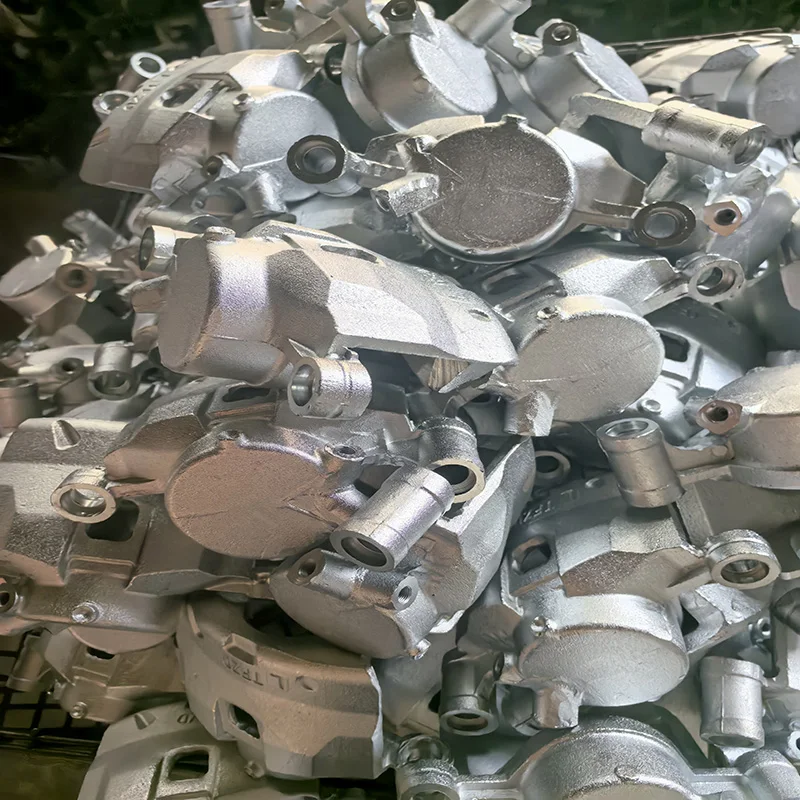
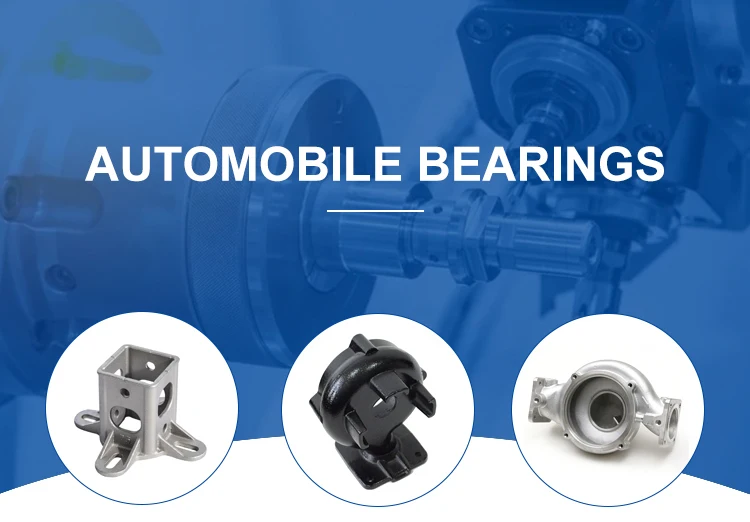
Material |
steel, stainless steel, aluminum,iron, carbon steel,copper, brass, alloy, etc. |
Thickness |
0.1mm to 12mm, as your request |
Sizes |
1) According to customers' drawings 2) According to customers' samples |
Surface treatment |
Anodizing, galvanized, zinc, nickle, chrome plating, powder coating, painting, etc. |
Drawing format |
DWG, DXF, STEP, STP, STL, AI,PDF, JPG, Draft. |
Packing |
Polybag+Carton box+Wooden case/Pallet, according to customer's request |
Shipment |
1) By courier, like DHL, TNT, Fedex, etc, usually 5-7 days to arrive |
2) By air to air port, usually, 3-4 days to arrive |
|
3) By Sea port, usually 15-30 days to arrive |
|
Delivery Time |
depend on the quantities, usually around 20 days. |
Payment Term |
T/T, Paypal, Trade Assurance |
Certification |
ISO |
Logo service |
provided |
Application |
widely used on construction, industry, automobile industry. |
